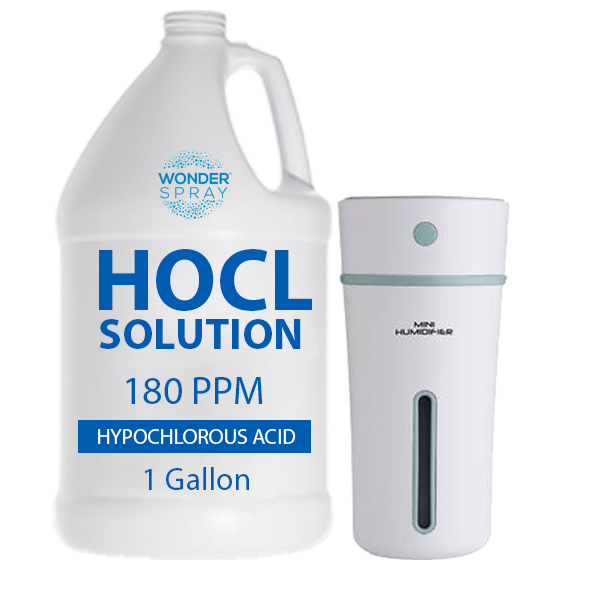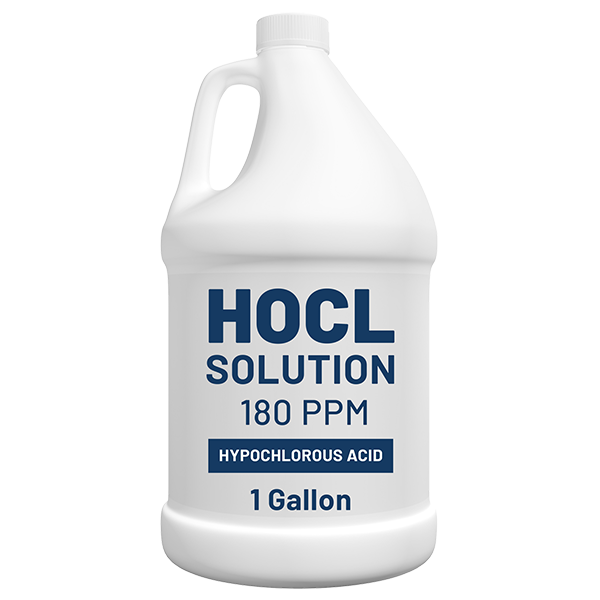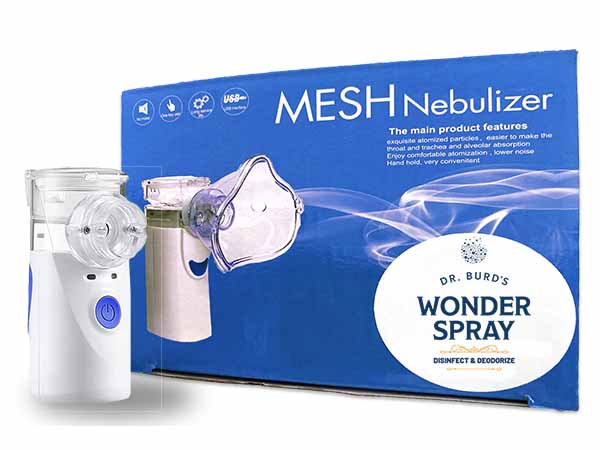[ad_1]
How early should you allow your baby to go into the pool? Most people want to share the joy of swimming with their child as soon as possible. However, is that good for the child? There are conflicting opinions.
A major concern is that the chemicals in the pool will harm the infant’s developing lungs. Chlorine’s byproduct trichloramine could be detrimental to a child’s health. In the past, chlorine was though of as a good thing because it disinfected the pool. However, researchers are looking into how chlorine affects children. It is hypothesized that there is a correlation between chlorine and childhood asthma and recurrent bronchitis. Significant concern centers around very young children who are exposed to the aerosols and toxic gases found in the air of indoor chlorinated pools.
Alfred Bernard, a Belgian researcher, has led the most recent studies. He warns we need stricter regulations of air quality in indoor pool areas where infants are exposed. Until more conclusive studies can be performed, it is important to prevent a potential harmful situation. Last year Bernard published a study that linked indoor chlorinated swimming pools to prevalence of asthma in children of various countries.
Generally, trichloramine is not considered a problem in well-ventilated areas. However, pools reduce ventilation to save money on energy costs.
Since children generally swim in shallow pools that are more heavily polluted and often accidentally swallow water, it likely they will consumer more toxic air containing hypochlorous acid and soluble chloramines than other populations. The toxins can get into a child’s respiratory system that is still developing till age 6 to 8.
Since swimming is often recommended to youngsters suffering from asthma, this study comes as especially shocking. Additionally, pregnant women often choose swimming as their preferred form of exercise. Researchers have yet to do many studies on the effect chlorine has on the fetus.
Bernard doesn’t recommend parents don’t let their children swim. He just notes that is best to keep them in well ventilated areas such as an outdoor pool. He especially advises parent’s with children who have asthmas to use caution. As far pregnant women, since little research has been done, Bernard does not feel that the risk of asthma in the fetus compares nearly to the risk of the child.
If your child has developed asthma because of a contaminated pool, you may be entitled to damages. Visit http://www.racinepersonalinjurylawyer.com today.
[ad_2]
Source by Joseph Devine










